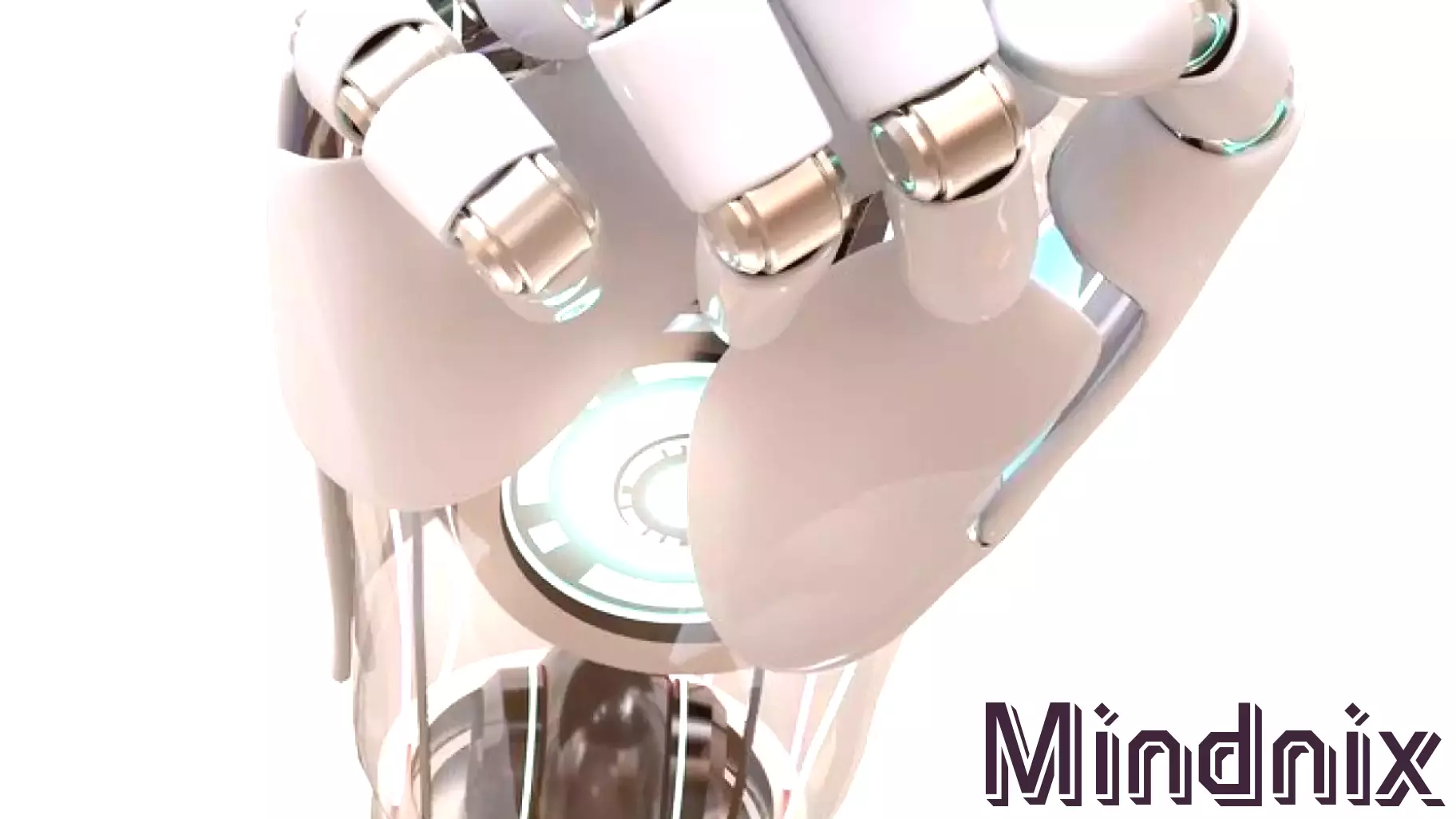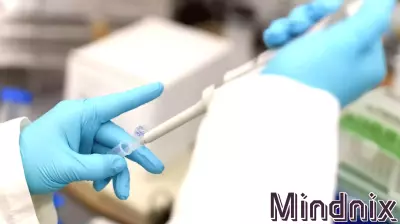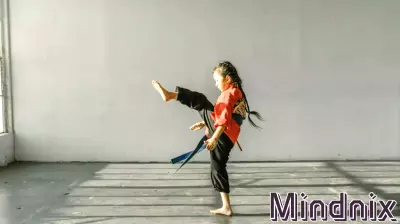April 1, 2025 - 01:52

The rise of artificial intelligence (AI) is significantly altering the landscape of the manufacturing sector, impacting not only the processes and efficiency but also the workforce itself. As companies increasingly adopt AI technologies, the roles of workers are evolving, leading to a redefinition of job functions and skill requirements.
AI systems are enhancing production capabilities by streamlining operations, reducing waste, and improving product quality. However, this technological advancement also necessitates that workers adapt to new tools and methodologies. Many employees are finding themselves in positions that require a blend of traditional manufacturing skills and advanced technological knowledge.
Training programs are being implemented to help workers gain proficiency in using AI-driven machinery and software, ensuring they remain valuable assets in a rapidly changing environment. As the industry embraces these innovations, the focus is shifting towards fostering a workforce that is not only skilled in manual tasks but also adept at leveraging AI to enhance productivity and innovation. This transformation highlights the importance of continuous learning and adaptation in the face of technological progress.



